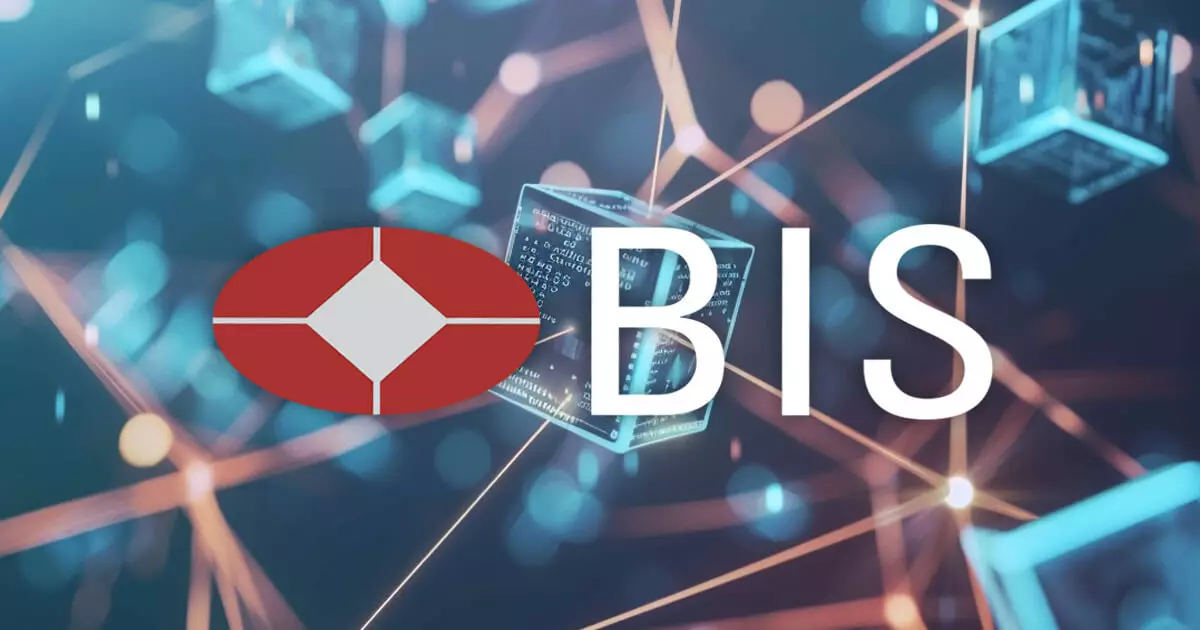The rapidly evolving landscape of global finance has necessitated innovative solutions that can bridge the gaps created by diverse regulatory frameworks. In response to this challenge, the Bank for International Settlements (BIS) has spearheaded Project Mandala, a collaborative initiative with the central banks of Australia, Korea, Malaysia, and Singapore. The project aims to streamline cross-border transactions, which are often hindered by compliance discrepancies among jurisdictions, leading to inefficiencies and elevated costs. By focusing on regulatory compliance, Project Mandala seeks to redefine how international transactions are conducted.
Overcoming Regulatory Obstacles
Cross-border transactions have historically faced a myriad of regulatory hurdles. These challenges stem from varying compliance requirements imposed by different countries, which can result in unfavorable transaction delays and increased operational costs for financial institutions. The implementation of Project Mandala reflects a proactive approach to overcoming these barriers. By harnessing technology to automate compliance processes, the initiative strives to ensure that regulatory standards are not only met but that they also enhance the overall transactional experience.
One of the standout features of Project Mandala is its commitment to improving the speed and efficiency of cross-border payments. Traditional methods often lead to protracted transaction times and unpredictable costs. By employing a compliance-by-design methodology, the project aims to facilitate faster transactions without compromising regulatory integrity. This innovative approach guarantees that compliance checks are embedded within the transaction process, thereby enabling near-instantaneous processing while significantly reducing the risk of regulatory infractions.
At the core of Project Mandala lies a sophisticated technological infrastructure that includes a decentralized system designed to optimize payment processes. Key components such as a peer-to-peer messaging system, a rules engine, and a proof engine work collaboratively to ensure that all required compliance measures are completed prior to transaction initiation. The result is a streamlined system that generates proof of compliance, which is essential for digital settlement assets and payment instructions in a cross-border context.
Integration with Digital Assets and Future Systems
One of the notable advantages of Project Mandala is its capability to integrate seamlessly with emerging financial technologies, including wholesale central bank digital currencies (CBDCs) and existing payment frameworks such as SWIFT. This dual compatibility positions Mandala as a forward-thinking solution ready to adapt to the evolving digital asset landscape. Additionally, the incorporation of programmable compliance features allows for customized regulatory checks to be embedded within smart contracts, enhancing operational flexibility.
As Project Mandala progresses, its implications for the future of cross-border transactions become increasingly significant. By addressing the complexities of regulatory compliance and embracing technological advancements, the initiative stands to revolutionize the way financial institutions conduct international transactions. If successful, Project Mandala could pave the way for a new era of financial interoperability that fosters robust global trade and economic collaboration, ultimately enhancing the efficiency and accessibility of cross-border transactions across the globe.


Leave a Reply